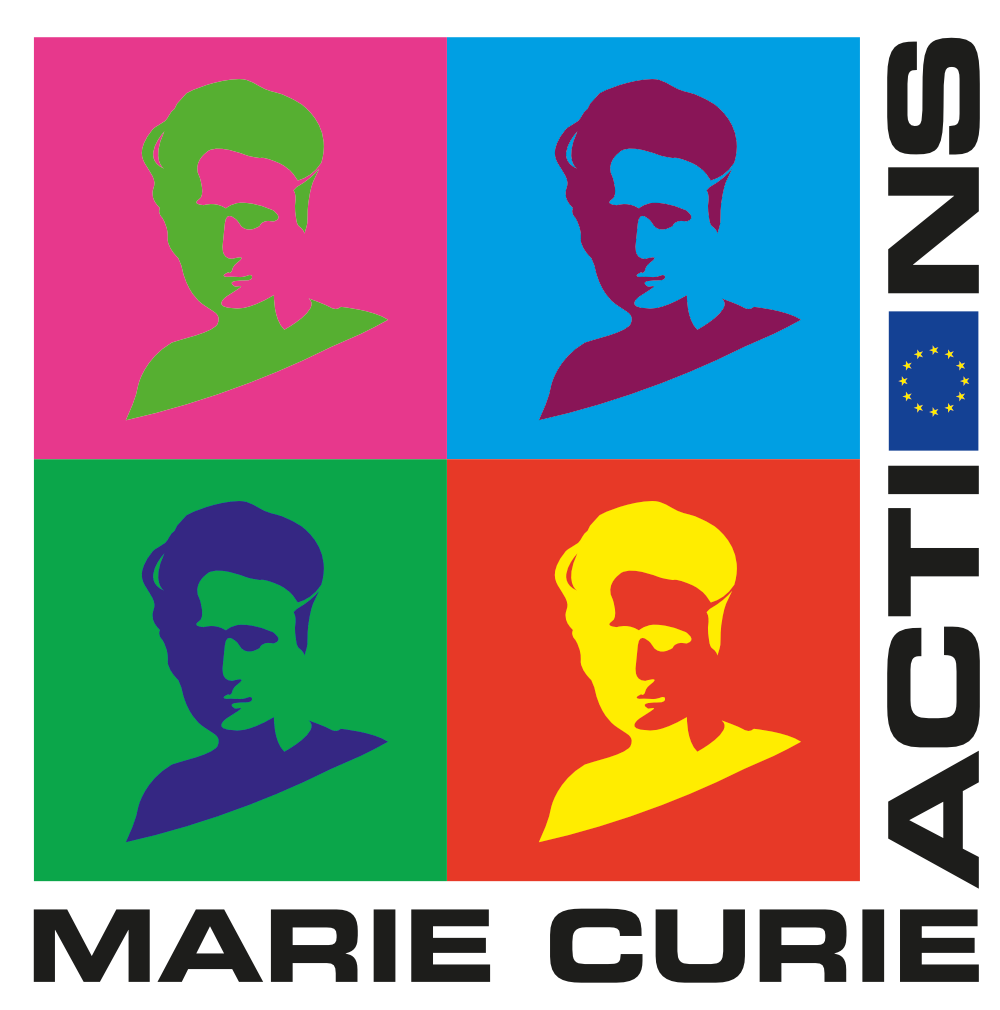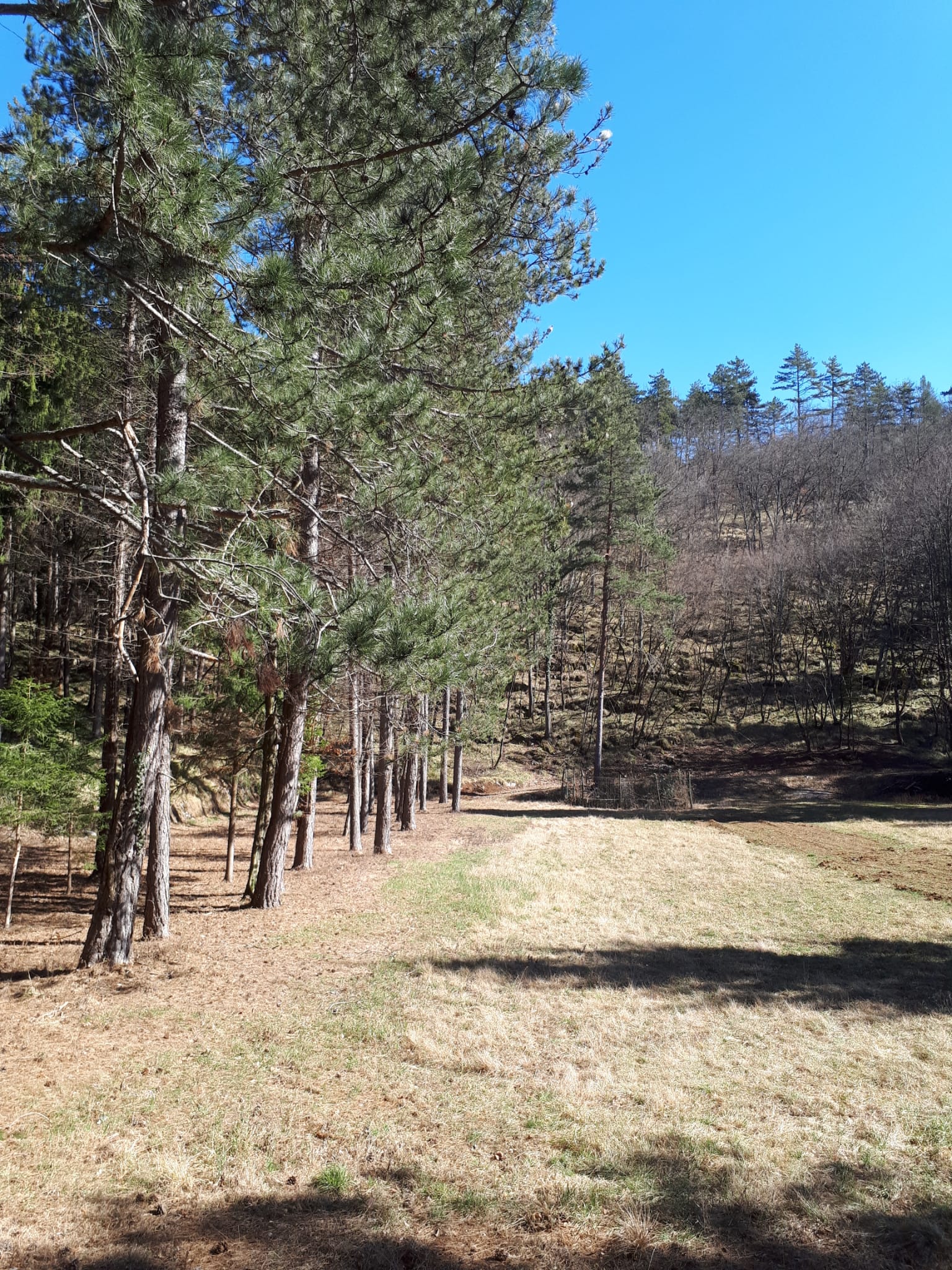Project: Horizon 2020 Framework Programme
Project code: OCHER 101033368
Project type: PH2020-EU.1.3. – EXCELLENT SCIENCE – Marie Skłodowska-Curie Actions and H2020-EU.1.3.2. – Nurturing excellence by means of cross-border and cross-sector mobility
Host institution: University of Primorska, Faculty of Humanities
Project leader: ddr. Giulia Beltrametti
Funded under: EXCELLENT SCIENCE – Marie Skłodowska-Curie Actions
Project duration: 01. 06. 2021–31. 05. 2023

Project description:
The two-year Marie Curie Actions OCHER project is hosted at the University of Primorska. The project investigates the relation between specific historical forms of lands and resources collective management and the current environmental and landscape value of those areas, inquiring the issue of accessibility rights to natural resources for future generations. The research addresses different kinds of “institutions for collective action”, at different scales. In rural and mountain areas, where conservation and sustainable use of the environment are largely centred on “people working with nature”, the minimal structures of organization were mainly households. A combined historical, anthropological and juridical approach is thus needed for a better understanding of the long-term effects and resilience of resource use in the environment, for a deeper reflection on the specificity of (collective) subjects and on the mechanisms of (collective) legal actions and institutions. The core objective is to work on case studies, mainly located in Slovenia (Karst and Dinaric Alps) and compared with other cases in Italy (Ligurian Apennines and Maritime Alps), France (Maritime Alps and Pyrenées) and Spain (Basque country and North Galicia region). The OCHER project wants to address one of the central questions of the commons debate: Who are the social actors and which are their juridical capacities in the management of natural resources as land, water, forests? Property studies on commons focused on the long lists of use rights of their tenure, and the subject must be addressed researching in this “bundle of rights”, rather than in legal regimes. Comparing different case studies, intentionally chosen among “weak” or “dynamic” collective institutions with particular social actors (as family groups and kinships) and having the chance to extend the time frame to the to the present days combining archival research with oral sources, the project will offer a wider and deeper interpretation of the actual issues of common resources management.

